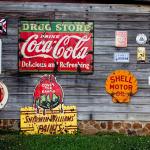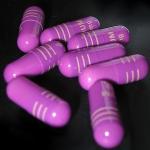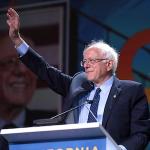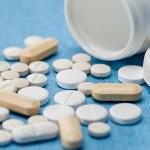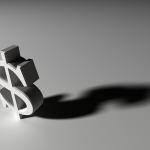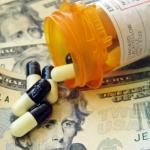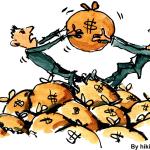In my conversation with Bill Wirtz, I explored the consequences of Robert F. Kennedy Jr.’s efforts to “rein in” the influence of the pharmaceutical industry by downsizing key health agencies, such as the FDA, NIH, and CDC.
Pharmaceutical Industry
The stated goal of Direct-to-Consumer (DTC) is to provide the patient/consumer with additional information to inform their “purchasing” decisions.
Animals carry all sorts of bacteria and viruses, even the nice, domesticated ones like dogs and cows. That's why we pasteurize animal products such as milk and cheese and encourage people to avoid raw food.
The protection of intellectual property is vital to innovation. If anyone can just take something you created -- be it a song or a drug -- without proper compensation, there would be little reason to develop new things.
I've decided not to watch any of the presidential debates because I just can't take it. If a politician isn't saying something stupid, he or she is saying something insulting. Oftentimes, it's both.
Big Pharma is tough to love.
The high cost of prescription drugs is a source of universal frustration.
Media buzz is afoot surrounding the announcement pharmaceutical companies will be raising U.S.
In addition to being a source of universal frustration, the high cost of drugs is a public relations nightmare for health systems and the much maligned pharmaceutical industry.
The U.S. Court of Appeals for the Federal Circuit just delivered another blow to a rather epic play by pharmaceutical giant Allergan to game the patent system.

